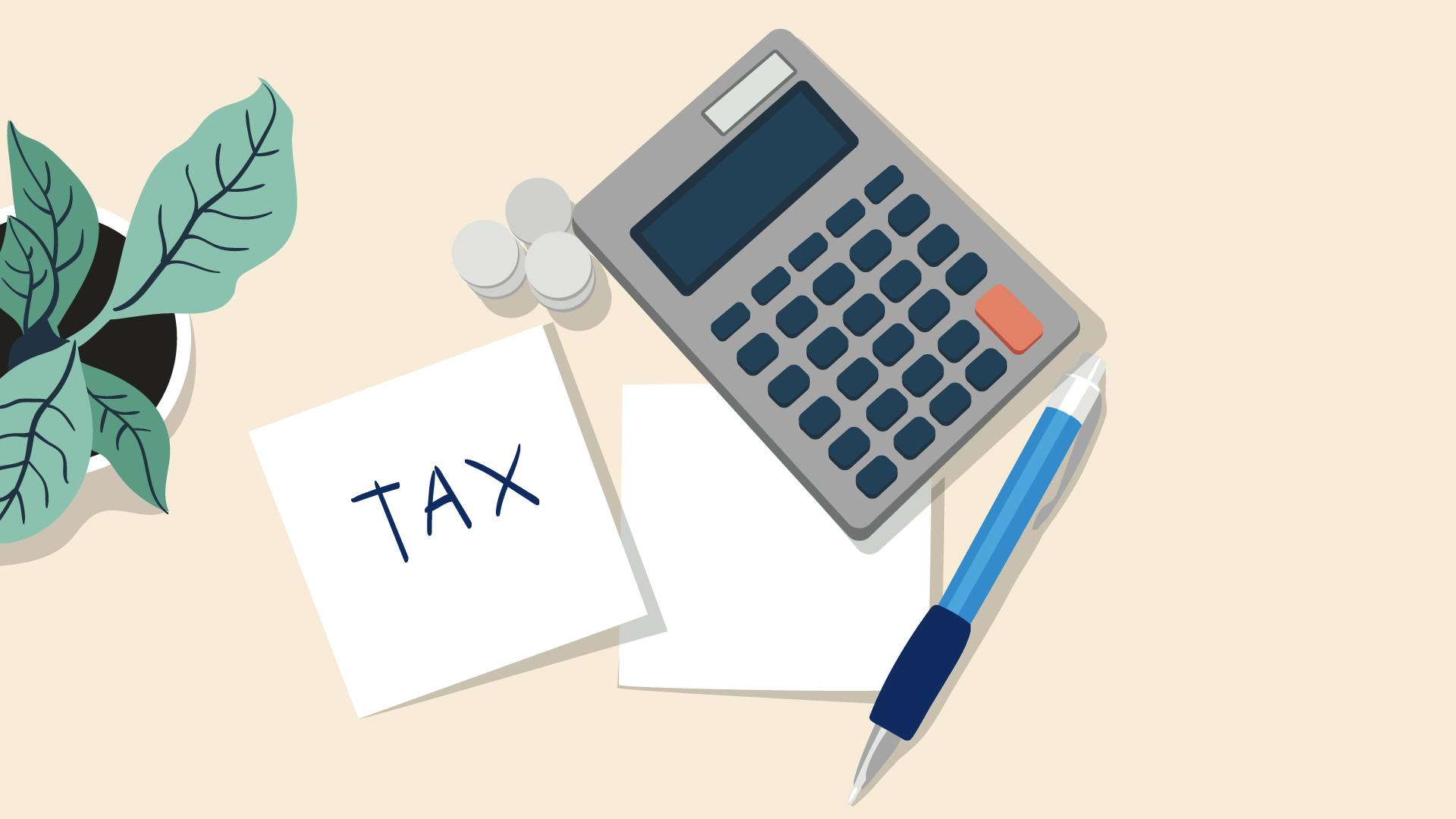The German government has been releasing new information regarding income taxes and tax relief ever since the onset of the Corona crisis, and planned changes even likely before. Taxation is one way to provide latent relief for people and thankfully freelancers and the self-employed are indeed included in a series of changes that are coming into effect in 2021. Let’s review these changes to give you an overview!
Generally, it is advised that we keep on the good side of the Finanzamt, as in, we should keep them happy but for this blog entry we are able to write an article about them bringing happiness to you!
Changed burden of income tax for individuals including freelancers and the self employed
Maybe you are not used to it after 2020 but here is some good news: the increase in the basic tax-free allowance, i.e. the non-taxable portion of your income, will be very generous in 2021. They will increase the basic allowance from 9408 to 9744 EUR. That is a big plus of over three percent, which is even more significant the lower the total turnover. SME’s can really benefit from this alongside your average ‘’traditionally employed’’ folks.
In theory, if your business is booming and you are raking in the cash you may find that with your increasing income, however, the tax savings also decrease significantly. Where this is a relief for freelancers in the start-up phase with low incomes or low wage earners is achieved. For example, you could also experience terrible issues as a result of Corona, and this could really take the burden off your shoulders.
Any expat can tell you they are generally confused by what is known as the solidarity surcharge. Well, even many Germans themselves are confused by it and if they do understand it, they are somehow annoyed by it. Such is life! But, big news! The duty to pay the surcharge designed to help East Germany for 30 years will no longer apply to most taxpayers from 2021. What previously made up 5.5 percent of income tax will only affect income of 61,717 EUR upwards in the future.
At that point, and up to an earned taxable amount of 96,409 EUR, it is not charged in full, but increases gradually to match the earnings. This is to avoid an additional burden due to the income limit. From EUR 96,410, it is again due with the full 5.5 percent of income tax. The result? More than 90 percent will not have to pay the solidarity surcharge in the future, which: good for that 90%. But, this is Germany, so, of course, there are exceptions.
One exception is investment income. Where the final withholding tax applies, i.e. for stock market profits, interest income and dividends and so on, the additional burden of the solidarity contribution will also apply in the future. This then amounts to 5.5 percent of the final withholding tax, which as a rule makes up 25 percent of the investment income (after exhausting the saver's allowance of course).
However: people who apply for a cheaper check at the tax office may get the solos back, provided that the total income is below the regular limit for payment of the solidarity surcharge that will apply from 2021. However, this only makes sense if the total income tax (investment income is treated as income in the cheaper test) is not significantly higher than 25 percent and the total income is below the limit from which the solidarity surcharge is paid. With the corresponding income, however, this is likely to be the case.
Another exception are companies subject to corporation tax, which are not relieved by the reform. Amounts of 5.5 percent of corporate income tax are still due.


